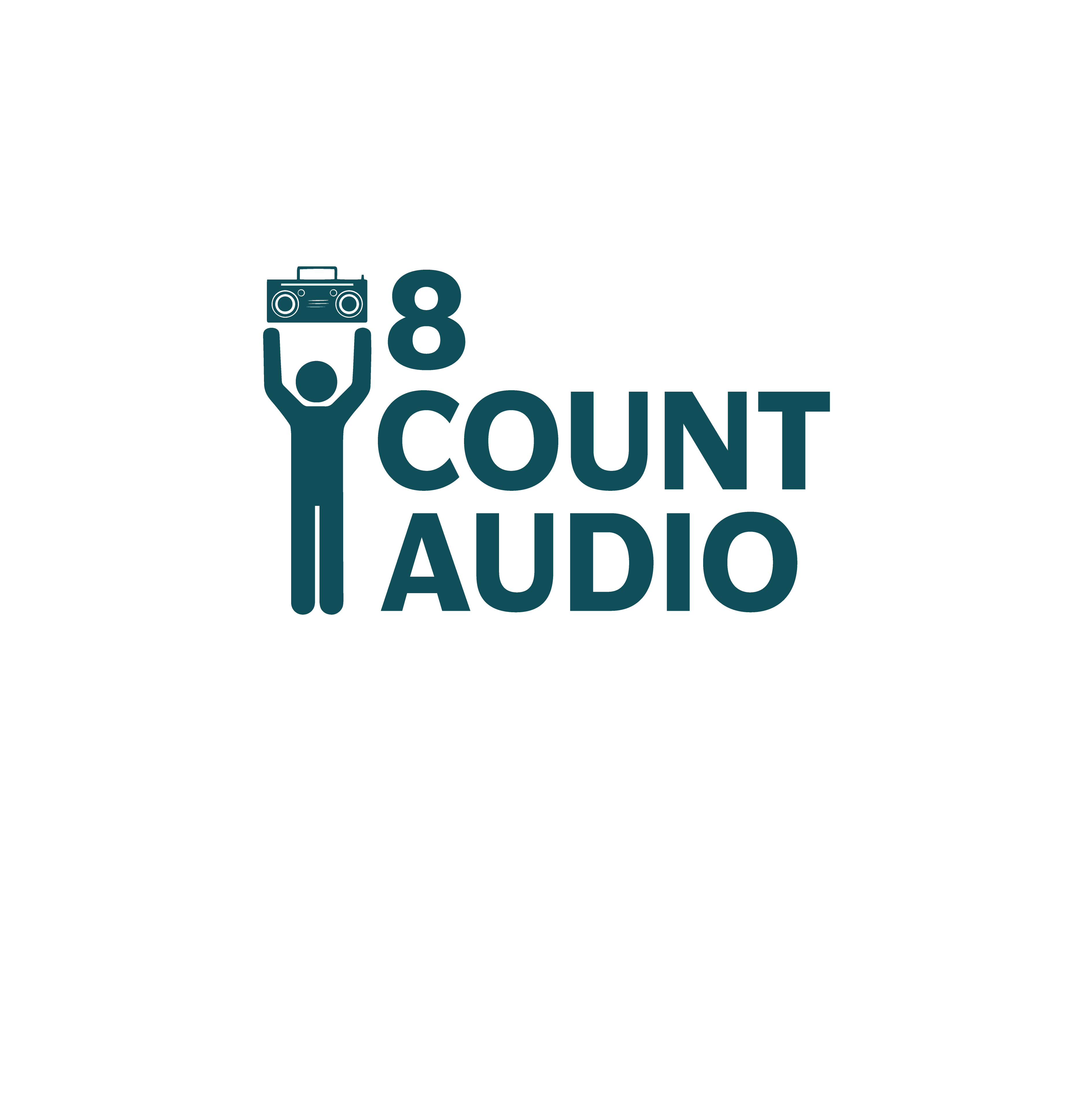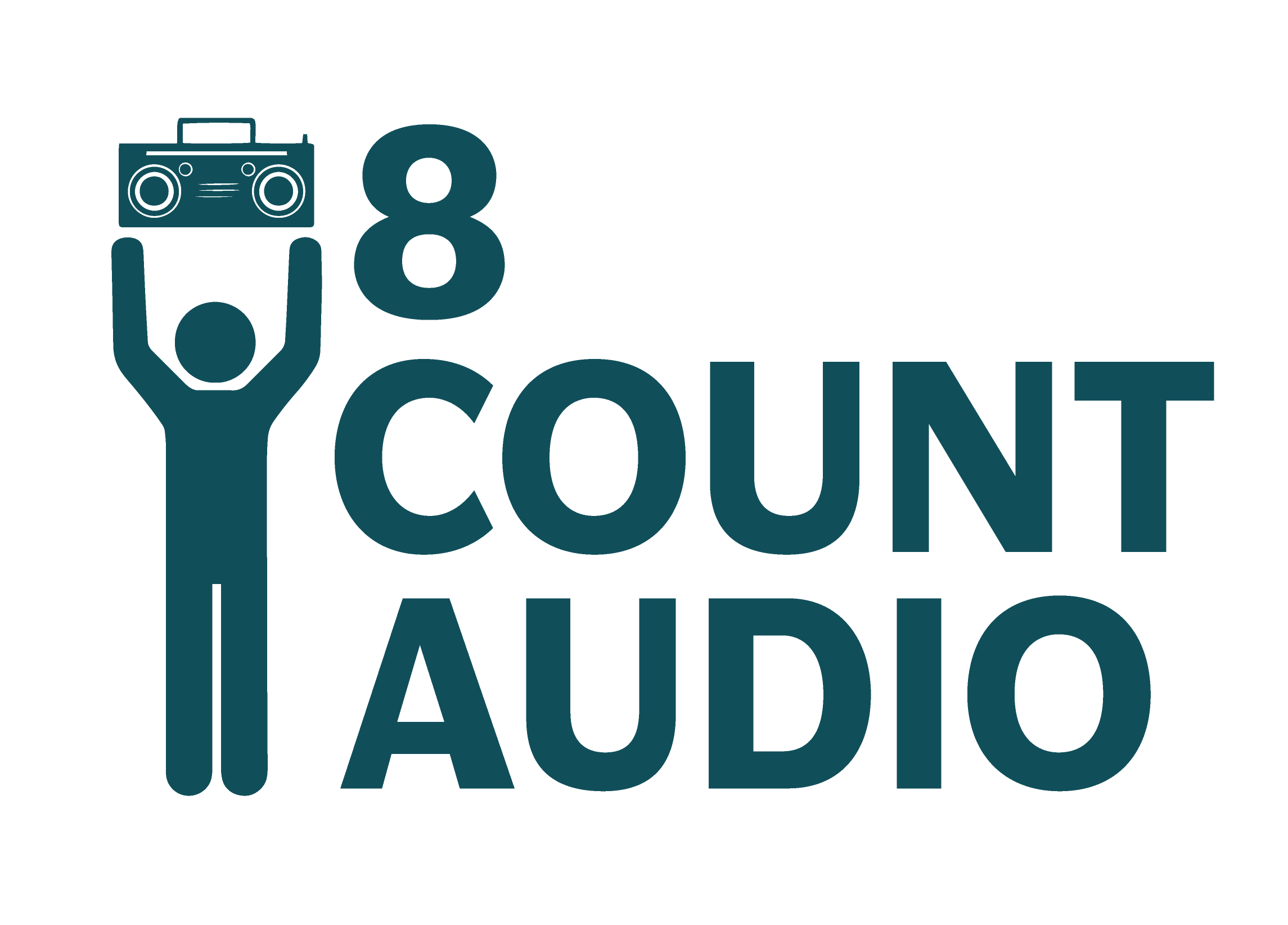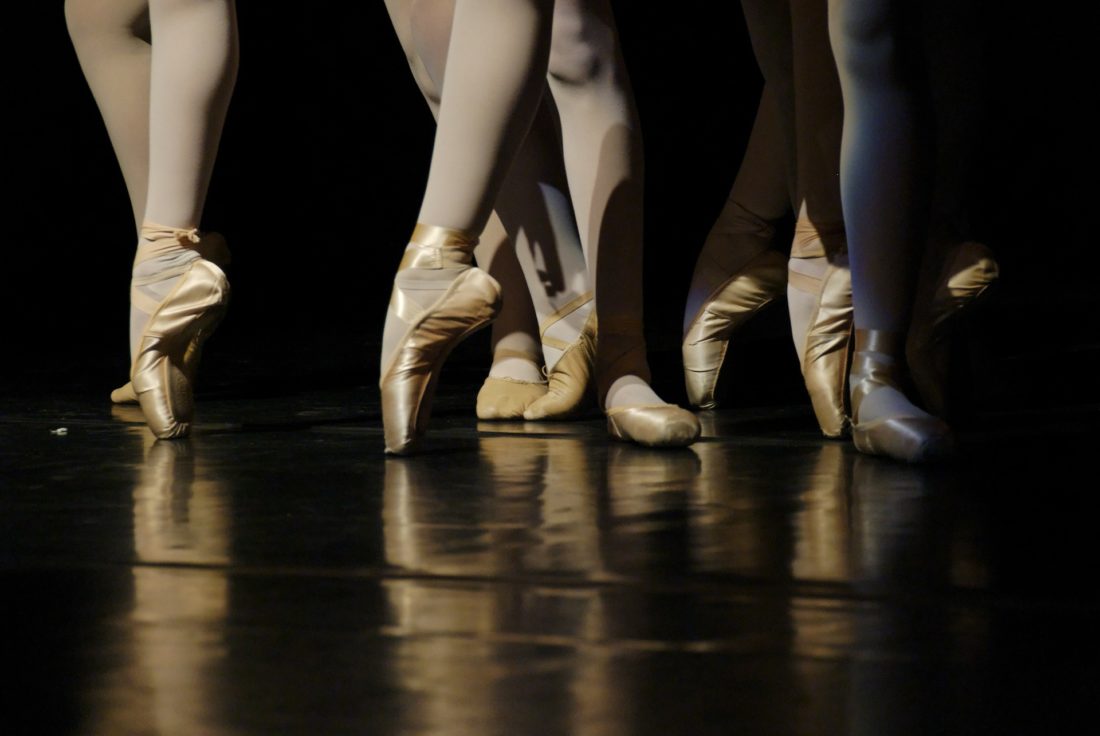6 Tips for Dancers with Injuries
by Kaitlyn Winters, 8CA Staff Writer
At the end of my sophomore year in high school, I obtained an injury that I now continue to struggle with, 4 years later. It changed my life in many ways, from taking away my passion to completely changing my college/career decision. Although looking back I still wish it never happened, I learned a lot about my body and myself during that time period and I definitely grew as a person. After making many decisions I regretted, I now have pretty good knowledge on the best way to handle an injury (or anything else hindering), so here are 6 of the best tips I can think of that I learned:
1. Find someone to talk to
Whether it is a friend, coach, or family member, having someone there to understand what you are going through and actually helping you figure out the best thing to do rationally is so important. Finding someone specifically who understands what dancing means to you and how hard you are used to working often helps the most, since I found that some people don’t take you seriously when you complain about not being able to dance. Especially if you are noticing differences in your personality, it can sound very dramatic to people who don’t fully understand how much an injury can change an athlete’s life.
Lastly, realize that many people will not understand what is going on with you, especially if you are not very vocal. As much as teammates are supportive, do not be offended if they get frustrated with you sitting out or marking things; do what you know you need to do for your body. Building a close relationship with one of my dance teachers is what helped me the most during my injury, since I was very comfortable talking to her about everything going on honestly. I still have an amazing relationship with her now even after I’ve left my studio because of the time I spent with her while unable to dance.
2. Find the right doctor
Even if a doctor has a great reputation, it does not mean that they are the one for you. Going to someone who is used to working with athletes will often be your best bet since their main focus will be getting you back into your sport. Make sure you do research before choosing a doctor and never be afraid to get a second opinion.
3. Listen to your body
“Listen to your body” is something you hear a lot as an injured athlete, and depending on the source it can mean a lot of different things. Personally, hearing it never helped me a lot because at times it made me feel like I needed to push myself too hard, while other times it seemed like it was being said to keep me from doing anything. The most important thing is that you are doing what feels safe to you, knowing that if you make a bad decision you are the one who has to deal with the personal repercussions. Knowing the difference between pain and an actual injury is very important.
4. Find purpose
Keeping yourself feeling like a part of the team can really help while injured. Just because you can’t perform with your team doesn’t mean you can’t be a leader off the floor. Ask coaches what you can do to help out (such as doing hair and makeup at comps or leading team bonding). The more you focus in on your team the better off you will be when you come back in the long run, so even though it can be tempting to stop caring and use your time injured focusing on other things, don’t do it.
5. Don’t stop working
Even if you are forced to sit out for a season, that does not mean you have to sit on the floor doing homework or on your phone. What you do while sitting out reveals a lot about you to your coaches and teachers. You can use that time to help give corrections, stretch, strength train, run music, or take notes on choreo. Making good decisions for your body outside of practice is important in regards to work ethic as well. Remember that you need to stay healthy and focused while injured. Make sure you are still eating well, keeping strength and flexibility up, and avoiding dangerous or unhealthy decisions that you wouldn’t make if you were performing.
6. Prioritize Yourself
An injury is both physically and mentally devastating, so make sure you are prioritizing your health in all areas. It can be very difficult to balance, because doing something like sitting out to improve your physical health can often damage a dancer’s mental health and well being. Any time an athlete (especially one planning on pursuing a career in the athletics) has an injury, disorders such as depression become much more common. It seems dramatic, but talking to other dancers or people who understand can help a lot. If you are working closely with certain doctors or physical therapists, they can also be a great resource to help you find ways to address any side effects of being injured. By putting yourself first, it will actually help your team in the long run.
In the end, being pulled out of something you are passionate about it very upsetting and recovering can be draining, but remember that everything will work out in the end. It might change a lot about your life, or it might only affect you for a year, but no matter what make the most of your time and push to stay positive. 🙂


